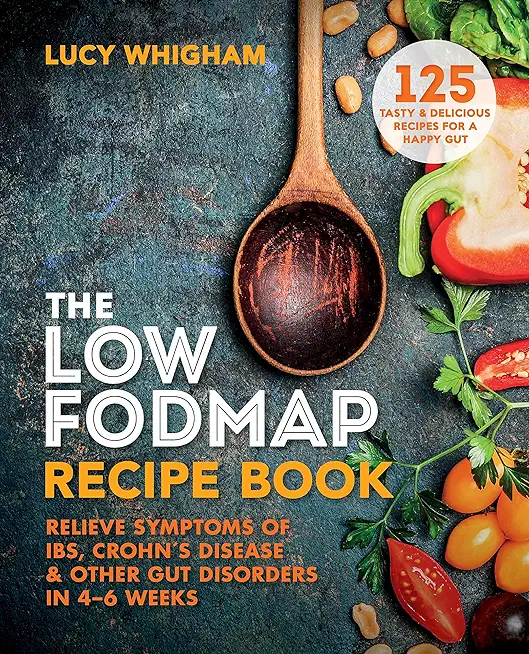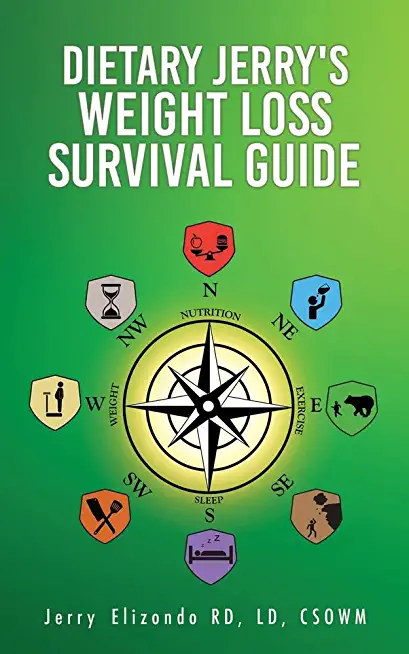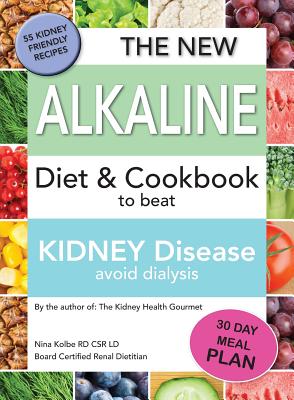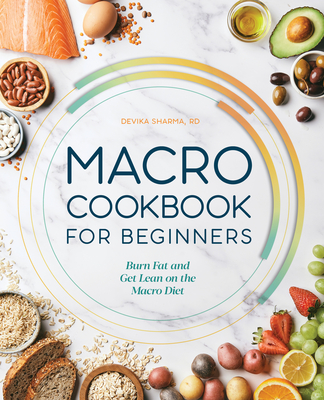
Whigham, Lucy
product information
description
disease and other digestive disorders in 8 weeks. In a landmark study published two years ago, the Australian researchers asked patients with IBS to remove FODMAPs from their diet. They found 74 per cent reported that their symptoms, such as bloating, abdominal pain, gas, excessive burping, diarrhoea and constipation, had improved dramatically. The findings so impressed gastroenterologists at King's College London that they adapted the diet for the UK and many British patients are on the Low FODMAP diet. At first glance, the Low FODMAP diet may appear daunting, as it involves cutting out all five families of fermentable carbohydrates: Fructans (wheat, rye, onions, garlic and various other grains and vegetables), Galacto oligosaccharides (beans and pulses), Polyols (certain fruit, sugar-free gum and mints), Fructose (various fruits, honey and agave nectar) and Lactose (animal milks, yogurts and some cheeses). However, this book gives practical guidance on how to follow the regime while ensuring a balanced, nutrient rich diet, transforming the Low FODMAP diet from a seeming mountain of restrictions to something you can follow easily and with pleasure while your digestive symptoms diminish (or even completely resolve). Whether you need quick and easy meals to prepare or you enjoy the art of cooking a dinner-party-worthy dish, this book will guide you step by step... meaning you can have your cake and eat it (literally!).
member goods
No member items were found under this heading.
Return Policy
All sales are final
Shipping
No special shipping considerations available.
Shipping fees determined at checkout.







